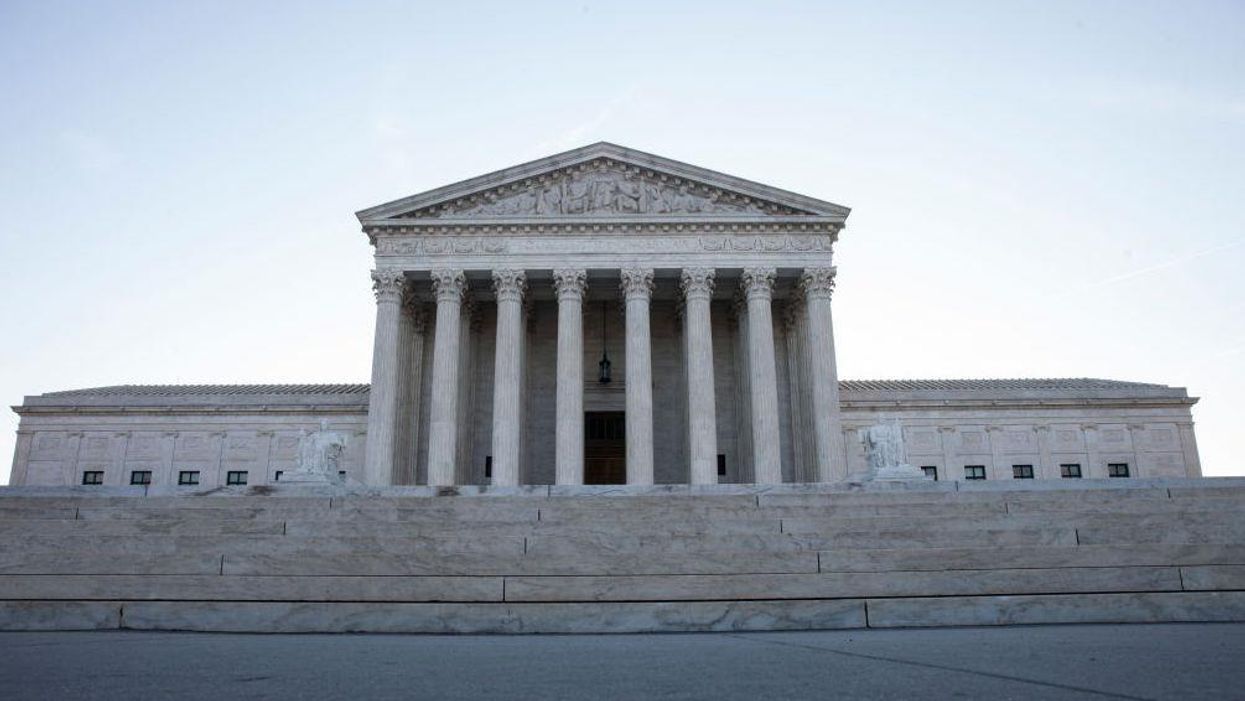
Zach Gibson/Getty Images

American approval of the Supreme Court actually increased after the historic decision overturning Roe v. Wade.
Despite outrage from pro-abortion activists, overall approval of the Supreme Court has ticked up 3% compared to last year, a new Gallup survey found.
In September 2021, overall approval was 40%; this year, 43%.
The poll was conducted between July 5-26, which means the survey measured reactionary feelings related to the overturning of abortion precedents (Dobbs v. Jackson Women's Health Organization) and the reaffirmation of the Second Amendment (New York State Rifle & Pistol Association Inc. v. Bruen).
Still, public approval for the high court has been on a downward spiral for several years.
Public approval was below 50% from September 2011 until July 2018, remaining above 50% until last July when it sunk to 49%, according to Gallup data.
However, the most significant finding from the Gallup survey is just how tribal court opinion has become: Just 13% of Democratic voters told Gallup they approve of the Supreme Court right now, while 74% of Republicans said they approve.
The 61-point partisan gap is the highest Gallup has ever recorded.
The survey results come after Supreme Court Justice Elena Kagan last month suggested the court should be beholden to public opinion lest it lose its legitimacy.
"I'm not talking about any particular decision or even any particular series of decisions, but if over time the court loses all connection with the public and with public sentiment, that's a dangerous thing for a democracy," she said, Reuters reported.
"Overall, the way the court retains its legitimacy and fosters public confidence is by acting like a court, is by doing the kinds of things that do not seem to people political or partisan," Kagan added.
What the Gallup survey shows, however, is that American approval of the Supreme Court is based mostly on their political opinion of court rulings, not on the court's jurisprudence. Thus, when the court rules in a way that Republicans want, they approve; and when the court rules in a way that Democrats want, they approve.
It turns out, in fact, that the next-largest partisan gap in the Gallup poll surveying Supreme Court approval came in 2015 after the Supreme Court ruling on gay marriage in Obergefell v. Hodges.
At that time, 76% of Democrats approved of the Supreme Court, while just 18% of Republicans approved. Perhaps, then, the Supreme Court should steer completely away from considerations of public confidence.